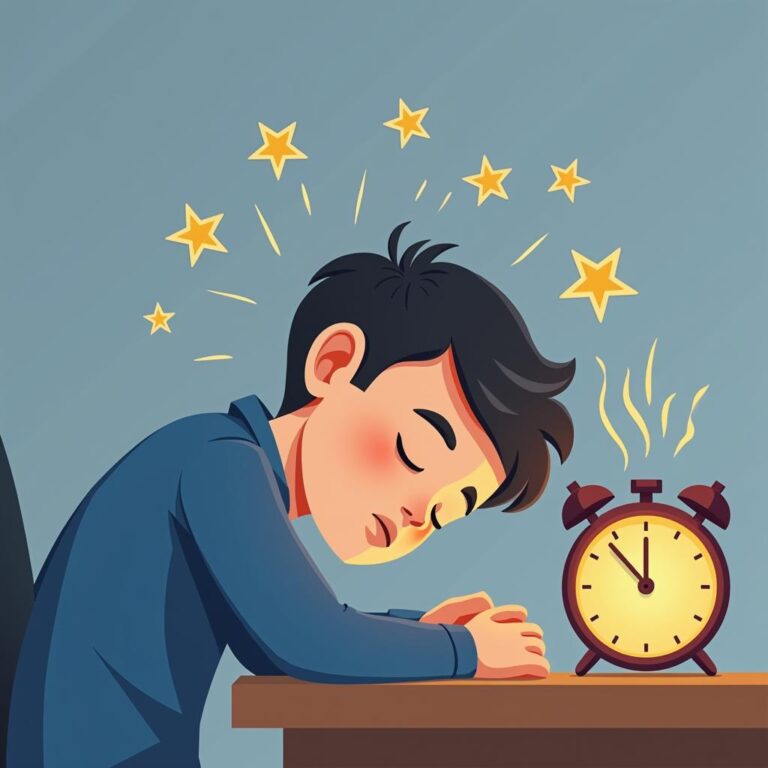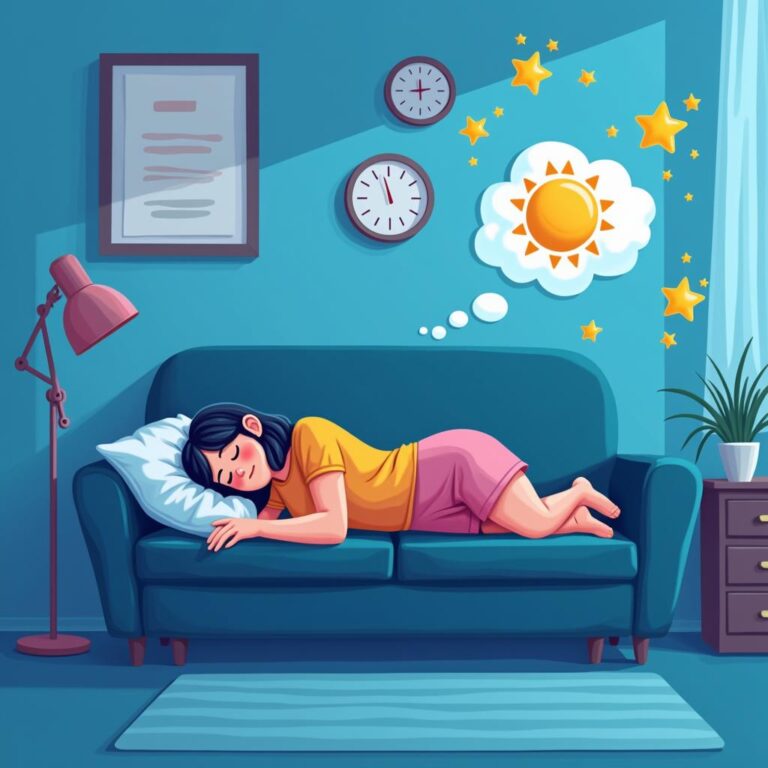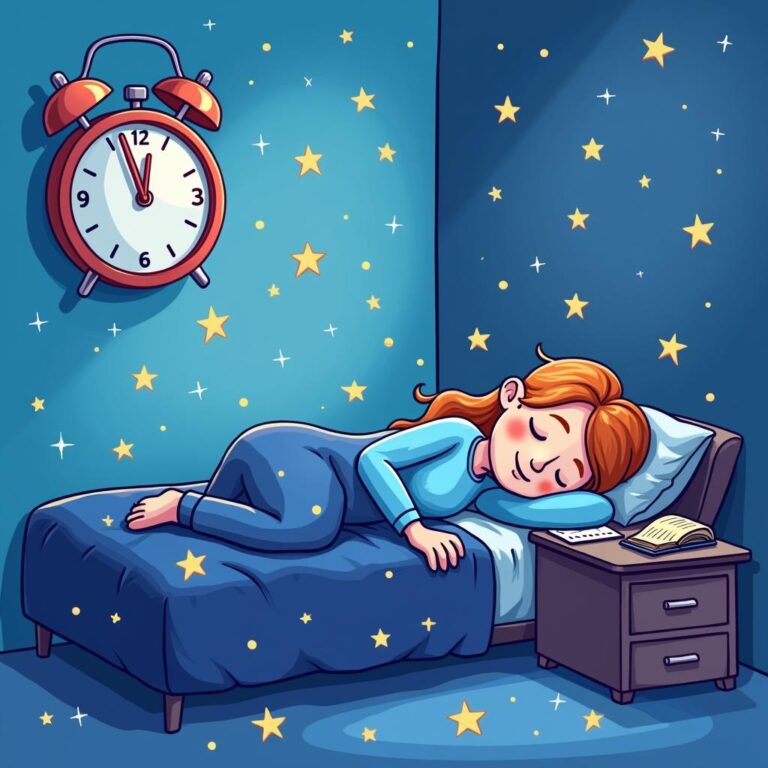In our fast-paced world, the significance of proper sleep can often take a back seat. While we know that quality nighttime sleep is vital for optimal health and well-being, napping during the day can also provide significant benefits. However, understanding the best nap duration for health is essential to maximize these advantages without disturbing your nighttime sleep routine. In this article, we will explore the optimal nap durations, their benefits, and tips for incorporating naps into your schedule effectively.
Why Napping Matters
Napping is more than just a quick way to recharge; it can lead to improved cognitive function, alertness, and mood. For individuals with busy schedules, a good nap can serve as a powerful, restorative tool to boost productivity and enhance overall well-being.
Understanding Nap Duration
Just as with nighttime sleep, the duration of a nap plays a crucial role in determining its benefits. Naps can be categorized into various time lengths, each offering distinct advantages:
Short naps (10-20 minutes)
A short nap, often referred to as a “power nap,” typically lasts between 10 to 20 minutes. Research suggests that this duration is optimal for quickly restoring alertness without entering deeper stages of sleep. Power naps can provide a quick burst of energy and enhance cognitive performance without leaving you feeling groggy. This duration is excellent for a quick refresh during a busy workday.
Moderate naps (30 minutes)
A 30-minute nap can offer additional benefits, such as improved memory retention and faster reaction times. However, individuals might experience some grogginess upon waking, also known as sleep inertia. This grogginess occurs because the body may enter the first stages of deeper sleep. While a 30-minute nap can enhance alertness, it’s essential to time it correctly, so you don’t feel too disoriented afterward.
Long naps (60-90 minutes)
If you have more time to devote to napping, a longer nap of 60 to 90 minutes allows your body to complete one full cycle of sleep, including light sleep, deep sleep, and REM (rapid eye movement) sleep. This duration benefits those seeking more profound cognitive functioning because it enhances learning, memory consolidation, and creativity. However, keep in mind that napping this long might interfere with nighttime sleep for some people.
The Science Behind Napping
Numerous studies indicate that naps can improve various aspects of health. A significant one comes from the Sleep Foundation, which highlights that well-timed naps can enhance mood and reduce stress levels. By giving your brain a short break, you allow it to process information and rejuvenate, ultimately leading to improved focus and productivity.
Benefits of Napping
Exploring the best nap duration for health naturally leads us to the multitude of benefits that accompanied napping:
Boosts Cognitive Function
Napping can enhance various cognitive functions, particularly attention, reaction time, and memory performance. Studies suggest that a short nap can increase alertness and improve accuracy, making it an excellent tool for students and professionals alike.
Improves Mood
Lack of sleep can lead to irritability and mood swings. However, a brief nap can help mitigate these feelings. Properly timed naps can enhance mood and reduce feelings of stress and fatigue, promoting a more positive outlook.
Increases Productivity
Daytime napping can serve as an effective way to increase overall productivity. By alleviating feelings of tiredness, people can work more efficiently and creatively after a nap. Employers and companies that recognize the benefits of napping often see boosts in employee performance and satisfaction.
When to Nap
The timing of your nap is almost as critical as duration. Napping at the right time can amplify its benefits while minimizing negative impacts on nighttime sleep. Here are some guidelines for optimal napping:
Mid-afternoon Nap
Most experts recommend napping in the mid-afternoon, typically between 1 PM and 3 PM. This is when the natural dip in energy levels occurs for most people, making it the ideal time for a rejuvenating break.
Avoid Late Naps
Napping too late in the day (after 5 PM) can lead to difficulties falling asleep at bedtime. If you find yourself needing to nap later in the day, consider shortening the duration to maintain your nighttime sleep quality.
Tips for Effective Napping
While understanding the best nap duration for health can significantly enhance your well-being, there are practical tips to ensure you nap effectively:
- Create a Comfortable Environment: Find a quiet and comfortable place to lie down, minimizing distractions and light.
- Set an Alarm: Keep an eye on your nap duration by setting an alarm, ensuring you do not oversleep.
- Relaxation Techniques: Employ relaxation techniques, such as deep breathing or gentle music, to help you fall asleep faster.
- Stay Consistent: Establish a routine for napping at the same time each day to help regulate your body clock.
Conclusion
Incorporating naps into your daily routine can significantly improve your health and well-being when done correctly. The best nap duration for health varies based on individual needs and schedules, but understanding the benefits of short, moderate, and long naps enables you to choose what works best for you. By following recommendations for timing and incorporating effective napping strategies, you’re well on your way to achieving an improved and more energized state of being. Happy napping!







